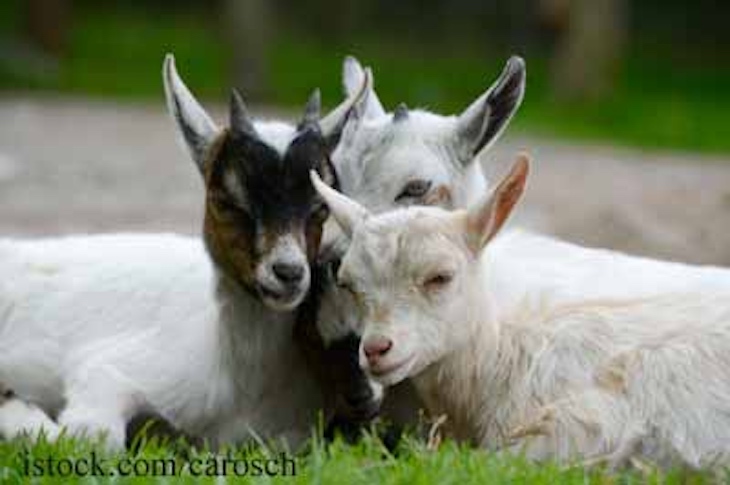In the CDC’s Morbidity and Mortality Weekly Report (MMWR) for the week of July 21, 2023, the 2022 Lucky Ladd Farms E. coli O157:H7 outbreak is discussed. In that outbreak, 12 children were sickened after visiting the farm in Tennessee, and there were two secondary infections.

Three week-long summer camps were held at that farm during the summer. Animal husbandry was taught; children aged 6 to 10 were assigned a baby goat to care for. Shiga toxin-producing E. coli (STEC) bacteria live in the guts of ruminant animals such as goats, sheep, cattle, and deer, but the animal does not get sick. They excrete the pathogen in their feces. This outbreak was similar to petting zoo outbreaks which have occurred over the years.
The Tennessee Department of Health conducted an environmental assessment at the farm and interviewed the farm owners and employees. Environmental sampling of the animals, animal feces, animal pens, water sources, and toilets was conducted. In addition, an online survey was sent to parents and guardians of the 82 children who attended the camp from June 6 through June 24, 2023.
In the 2022 Lucky Ladd Farms E. coli outbreak, there were 12 camp attendees who got sick; there were two secondary cases. One primary case and one secondary case were hospitalized. One secondary case, a child aged two, developed hemolytic uremic syndrome (HUS), a type of kidney failure, and sadly died.
Investigators isolated STEC by culture in six samples collected at the camp, from the animals, stools, and a wood swab. The camp’s food and other activities were not associated with illness. The two farm STEC O157:H7 isolates were closely related by whole genome sequencing to three of the outbreak associated patient isolates.
When the outbreak was discovered, the farm voluntarily closed the camp, demolished the kid barn, euthanized two kids with positive STEC results, and moved the kid herd off the property. The facility also discontinued the animal husbandry portion of the camp. They also increased signage encouraging handwashing after touching animals and objects throughout the farm. In July 2022, the farm reopened their summer camp without the goat husbandry component.
The conclusion is that animal farms, petting zoos, and other environments where small children might have direct contact with ruminant animals should be aware of STEC transmission and try to mitigate these risks by promoting proper hand hygiene.

If you or a loved one have been sickened with a food poisoning infection, please contact our experienced attorneys for help with a possible lawsuit at 1-888-377-8900 or text us at 612-261-0856. Our firm represents clients in lawsuits against grocery stores, restaurants, petting zoos, and food processors, and families in wrongful death cases.
.




